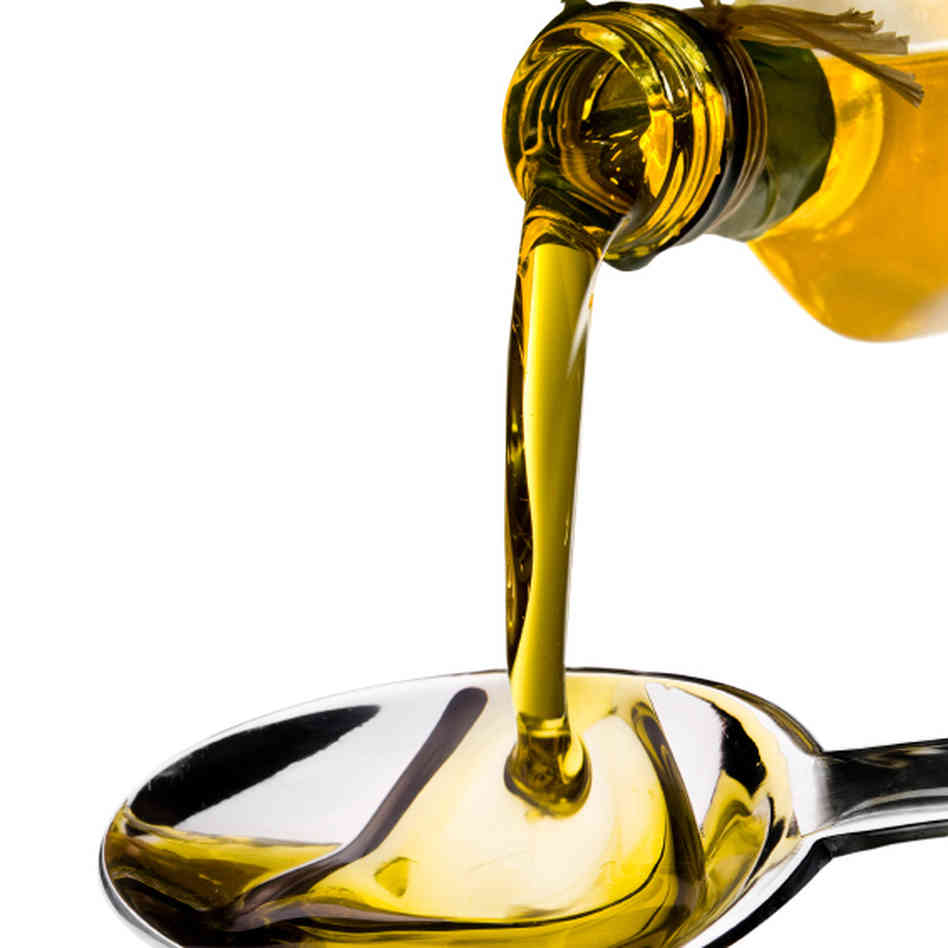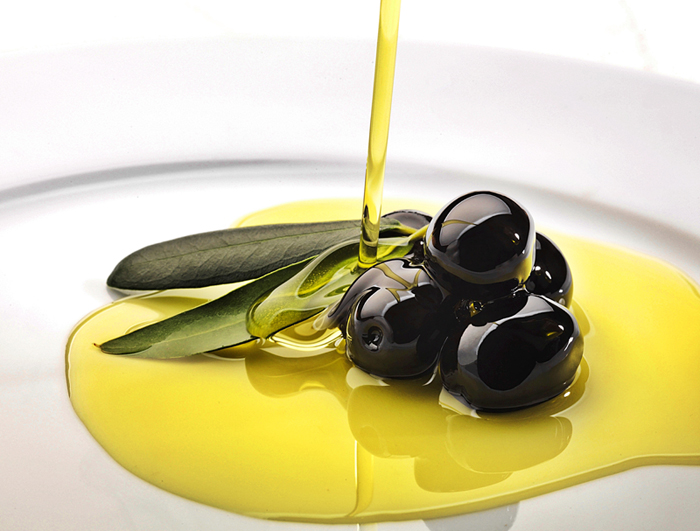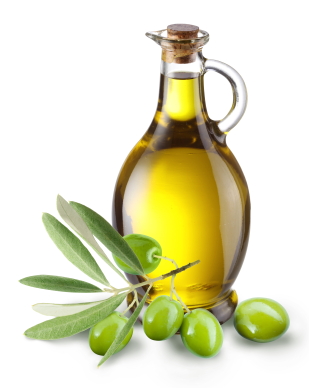
Is it advisable to use extra virgin olive oil in frying?
There is a lot of doubt concerning the use of extra virgin olive oils in cooking. Some state that its consumption may be advisable only as a raw food because oil can lose its properties when heated. Others recommend to use it only as a raw food and to use other oils of less quality when frying, hiding behind the trite “olive oil makes you fat”.
Nothing further from the truth. Extra virgin olive oil is the best option for frying due to its heat resistance, which is better than others’. However, it is important to keep an eye on the heat subjected to oils. It is not recommendable to heat oils until they smoke and it is advisable to maintain temperature under 180ºC. The oil, when heated, does not lose any of its properties and continues to be a food full of healthy and nutritional properties for our body and, definitely, “it does not make us fat”.
It is important to know the role of oil when frying food. When the food is added to a frying pan, the oil creates a thin film around the piece of food that becomes gold and crusty with heat. This thin cover avoids the oil soaking in the food and in this way the nutritional properties of the food are preserved. Continue reading →



